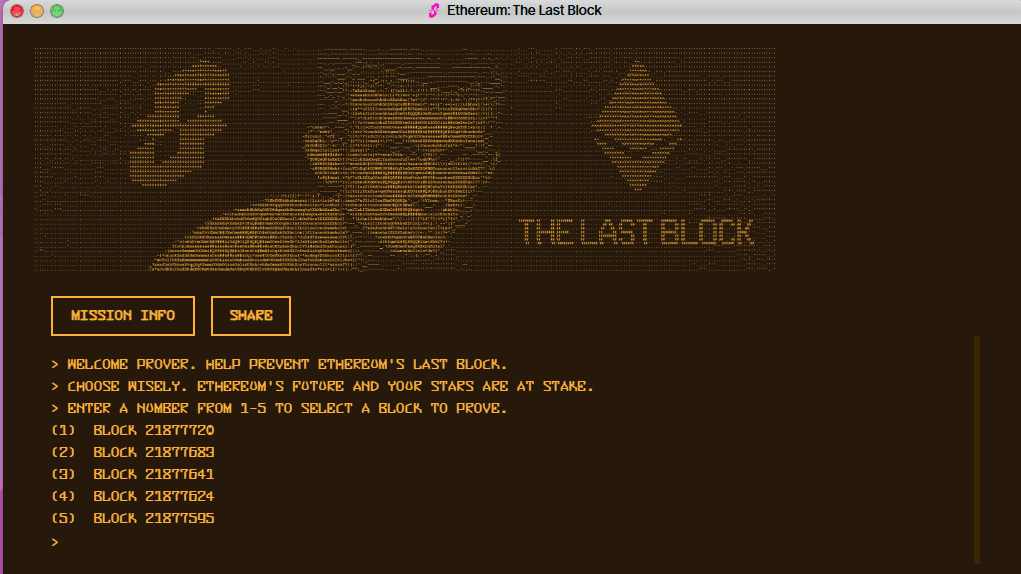
Regarding whether ZK (Zero-Knowledge Proof) can be widely implemented, this has been a hot topic in the industry recently. Many people feel that it is too expensive and too heavy, and there is still a distance from true widespread adoption. However, after seeing what Succinct @Succinct is doing recently, I think this viewpoint may need to be refreshed.
Let’s first talk about why everyone thinks ZK is expensive. Traditional ZK systems do indeed have several practical issues: first, the concentration of computing resources, leading to slow and costly proof generation; second, high development thresholds, making maintenance particularly troublesome; third, a lack of a reasonable incentive mechanism, making it difficult for node operators to continuously participate.
But the approach of Succinct @Succinct is quite different. #SuccinctLabs does not require developers to 'reinvent the wheel'—writing circuits, running proofs, and building systems; instead, it packages the entire proof generation process into a set of infrastructure services. Developers only need to write business logic using zkVM (such as supporting mainstream languages like Rust/C++) and initiate calls after compilation. The remaining proof computation and generation will be automatically scheduled by Succinct's network to GPU nodes.
This process also embeds an economic closed loop: users pay service fees with $PROVE tokens, nodes are incentivized by providing services, and $PROVE also plays a role in staking, governance, and other aspects. This makes the entire system no longer rely on 'who is willing to selflessly contribute', but rather has a sustainable operational mechanism.
More importantly, the design of #SuccinctLabs is scenario-independent. Whether it is for off-chain AI reasoning verification, Rollup state confirmation, DePIN data verification, or cross-chain bridge proof calls, it can all be integrated. It provides a general ZK proof generation layer, somewhat like turning ZK into a 'plug-and-play' module.
Speaking of which, I have to mention their SP1 zkVM, which allows developers to write ZK applications in Rust, greatly lowering the development threshold. Additionally, the Succinct Prover Network connects global nodes through token economics, and the proof generation speed has also improved significantly. They have already collaborated with projects like @AlpenLabs for building the Bitcoin financial system, indicating that the entire tech stack can withstand practical testing.
So, do you say ZK must be expensive? I think not necessarily; the key is still how it is used and what methods are employed. #SuccinctLabs is pulling ZK to a more practical and scalable level through modularity, networking, and economic model design.
As for which scenarios will need this low-cost ZK capability the most in the future? I think cross-chain communication, on-chain AI verification, and real-time game logic proofs are all worth paying attention to. You are also welcome to leave a message to discuss your views.

